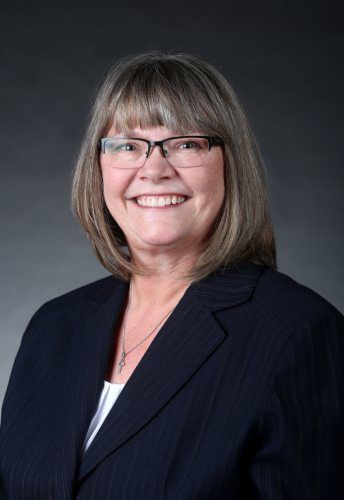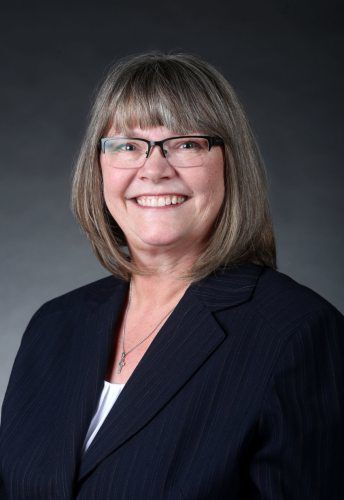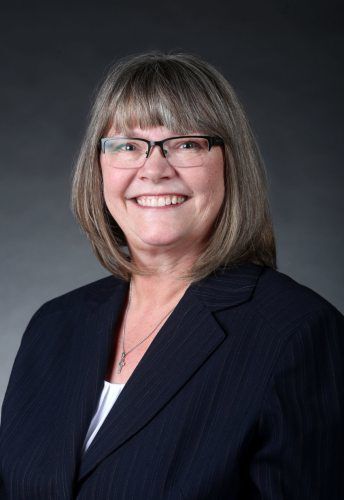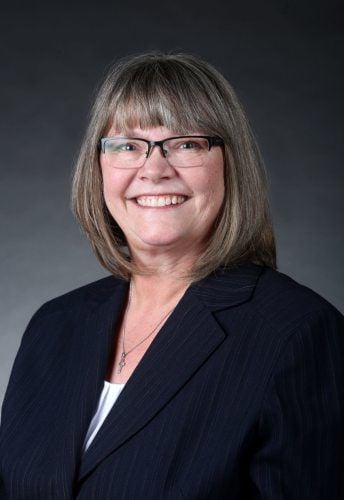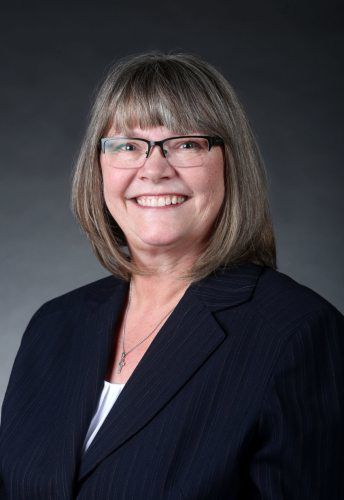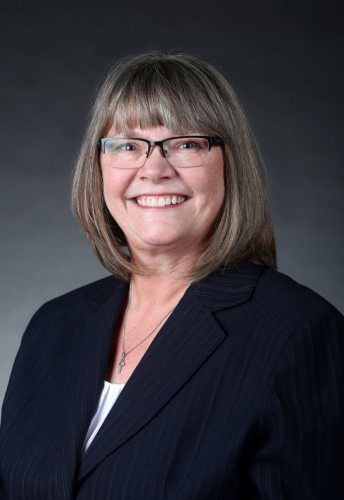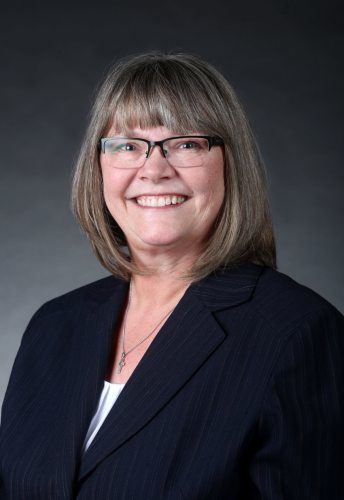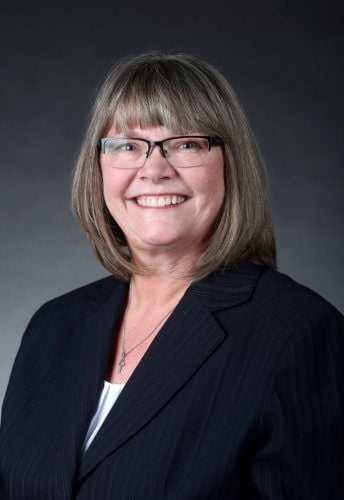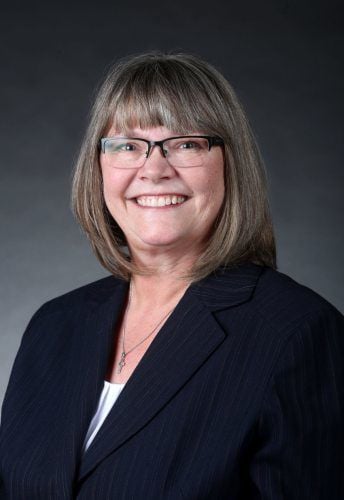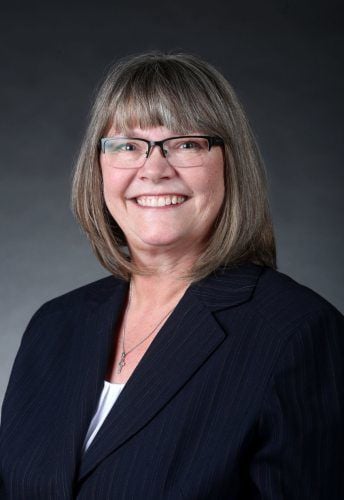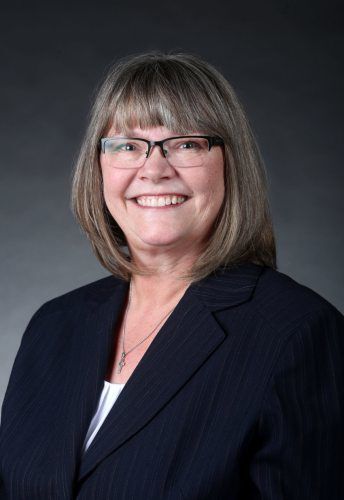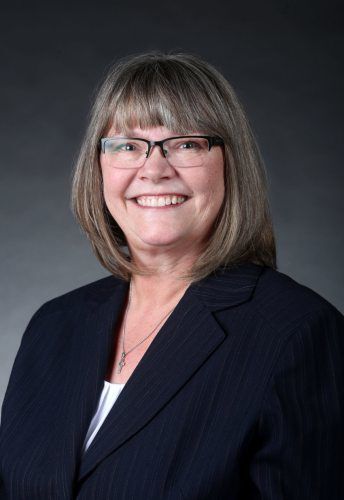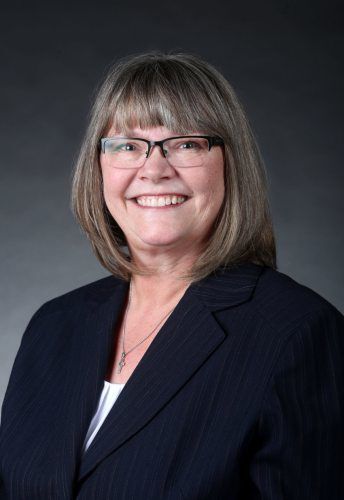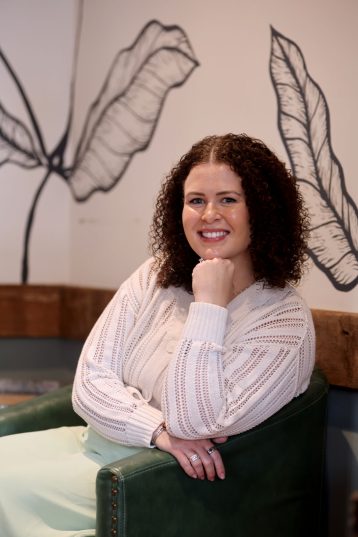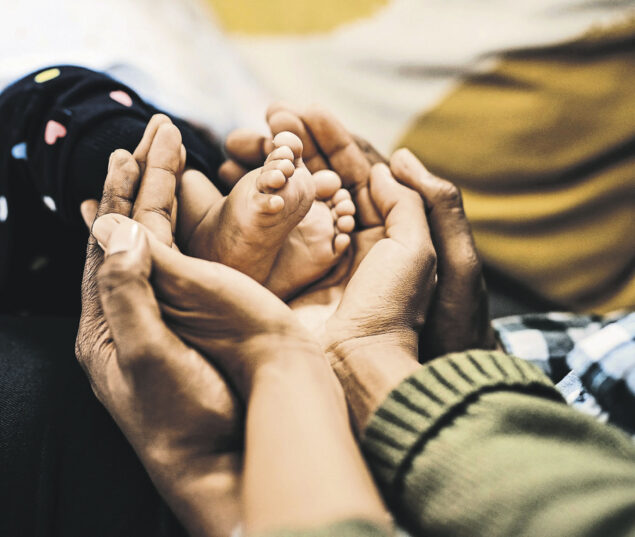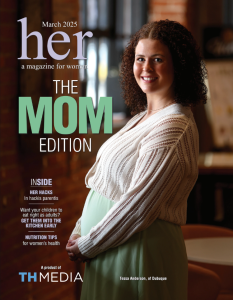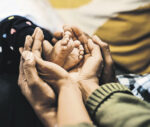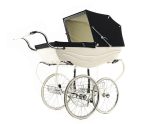As we prepare for gift giving, I would like to share some thoughts with you about the most precious gift you can give when caregiving.
Presence can mean many things to each of us. I am referring to presence in caregiving, which the caregiver is fully engaged as they care for another.
Presence is the practice of acknowledging the humanity of the other, understanding how it is to suffer with their condition, affirming their need for compassionate care and anticipating practical physical and emotional practices of care.
That is one tall order.
Caregiving is one of the most challenging gifts we can ever offer. It is one that is very busy, with lots of moving parts.
The caregiver can be under stress psychologically, physically and economically. Sometimes, the caregiving role can be stressful and overwhelming.
Being fully present for caregiving is not easy and requires practice. It is rare that I observe a caregiver who is naturally present. Most often, I see it in professional caregivers who are gifted at offering caregiving who have grown into this practice in time. They have cared for hundreds of people, and they have learned the skill of presence throughout many years.
Conversely, it is easy to spot a caregiver that is not present. In studying and observing countless caregivers, I would like to offer the following three recommendations:
One of the foundations of presence is that the caregiver/caree relationship is positive, mutually beneficial and sacred. If you go into caregiving with that outlook and expectation, it undoubtedly will set you up for the most optimal experience. It is not to say that a caregiver doesn’t occasionally feel stressed and/or completely overwhelmed. The gifted caregivers though, do not show this state to their caree and are able to compartmentalize this feeling when caring for their loved one.The second foundation of presence is to be laser focused on what your caree needs and wants. You easily can see this in caregivers who are gifted. They always are checking in with their caree as to what their needs are. A beginner caregiver is mostly focused on what tasks they need to get completed for the day with less consideration on how that care is delivered or the approach that is most compassionate. Again, this is a skill that most grow into over time.The third foundation is to have self-compassion as you deliver care. Are you always going to be present? Of course not. Full presence all the time is not realistic. Being as present as often as you possibly can would be a worthy target goal. Sometimes, as we all know, caregiving can send you over the edge. Accept that you are having a bad morning, then ground yourself again and focus on being present again. Gentleness for yourself is a critical skill to be an effective caregiver.
When you are searching for the perfect present to give your loved one this year, consider offering presence as your present. It will draw the two of you closer, and your caregiving experience will be rich and meaningful for both of you.
Laura Nissen is the director of assisted living at Grand Meadows, a Luther Manor Community.

